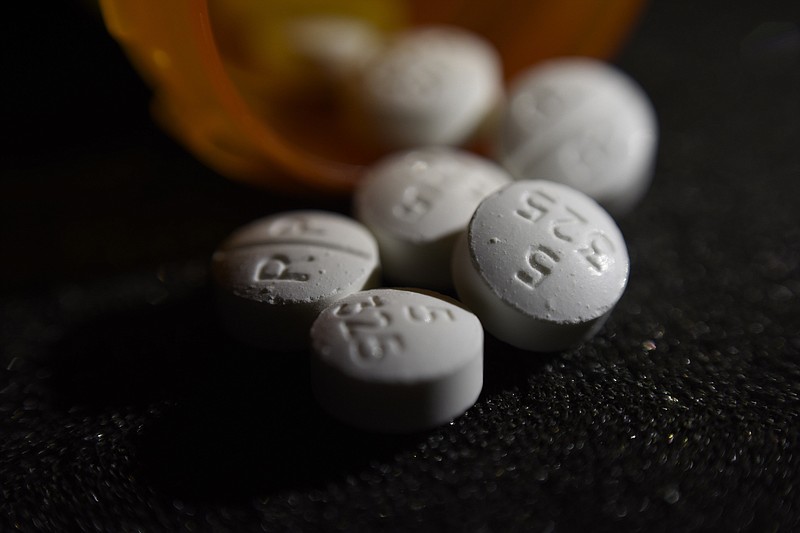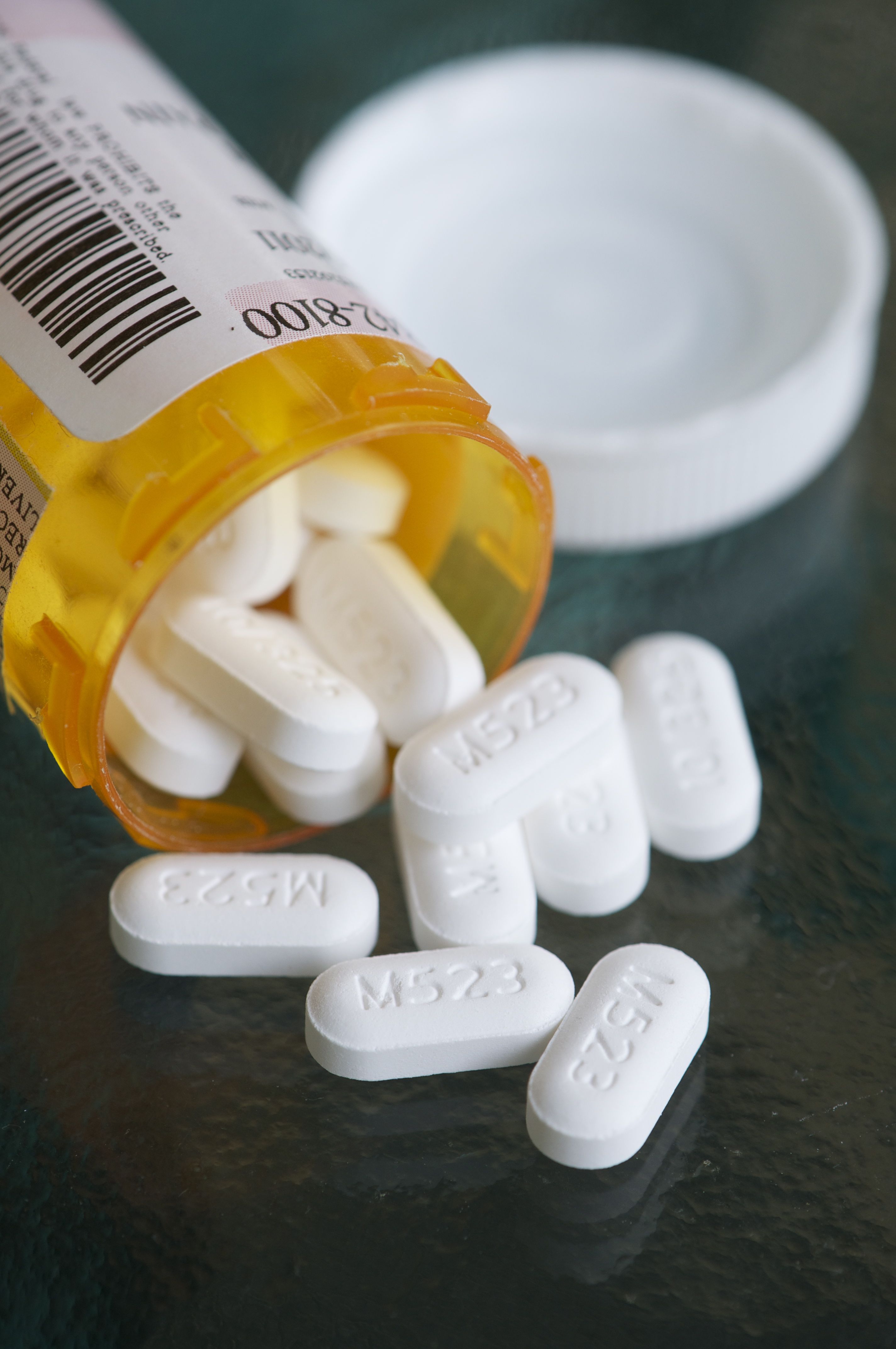Regardless of their delivery method, women prescribed opioid pain medications soon after childbirth had a higher risk of developing chronic opioid use, a recent study from Vanderbilt University Medical Center found.
Although cesarean sections are thought to cause more pain, the study suggests that receiving opioids postpartum - not whether a woman delivers by cesarean section or vaginal birth - is the primary risk factor for long-term opioid use.
The researchers published their findings in a letter in the American Journal of Obstetrics and Gynecology and estimated that postpartum opioid prescribing caused more than 21,000 new mothers in the United States to become chronic opioid users annually. They called for more "judicious opioid prescribing during the vulnerable postpartum period," especially for women who need multiple prescriptions.
"Opioid prescribing can have a huge impact in this population given that 86 percent of women will have at least one delivery and may be exposed to opioids, and that almost one-third of women undergoing childbirth in the United States will have a cesarean. Policies designed to standardize and improve opioid prescribing have the potential to influence exposures for a large proportion of our population," Dr. Sarah Osmundson, assistant professor of maternal-fetal medicine and the study's lead author, said in a news release.
The study examined data for 102,541 women who gave birth while covered by the state's Medicaid program, TennCare, and had not used opioids in the 180 days before delivery. Of those mothers, 89 percent who had a cesarean delivery and 53 percent with a vaginal delivery filled opioid prescriptions during the postpartum period. Researches found "only modest differences" in chronic use between the two groups and that filling additional prescriptions for opioids in the postpartum period "substantially and consistently increased this risk in both groups."
Researchers weren't able to confirm if the women actually took their prescriptions, and the study was limited by using data from only one state.
Dr. Joseph Kipikasa, associate professor of OB/GYN at UT College of Medicine Chattanooga, said that while opioid prescribing habits are improving, the study shows that providers still have work to do.
"There's definitely more of a conscious effort to limit it just because of the current situation we're in, but I think we could go further," Kipikasa said. "Unfortunately, it's not just like turning off the water faucet. It's a change in practice habits, and some people do that much faster than others."
Contact staff writer Elizabeth Fite at efite@timesfreepress.com or 423-757-6673.

